
In celebration of Earth Day, it's crucial to reflect on how our daily choices, particularly our dietary habits, impact the planet. Choosing sustainable foods not only benefits our health but also conserves environmental resources, ensuring a healthier planet for future generations. This awareness is the first step towards making changes that can collectively lead to significant environmental benefits.
What is Sustainable Food and Why is it So Important?
Sustainable food refers to food obtained through methods that do not deplete resources or harm the environment. This includes practices like low water usage, minimal use of chemicals, efficient land use, and methods that enhance soil health. Sustainable foods typically have a lower carbon footprint, contribute to biodiversity, and support local economies. By opting for sustainable options, consumers play a part in reducing pollution, conserving water, and minimizing their overall environmental impact.
1. Legumes (Beans, Lentils, Peas)
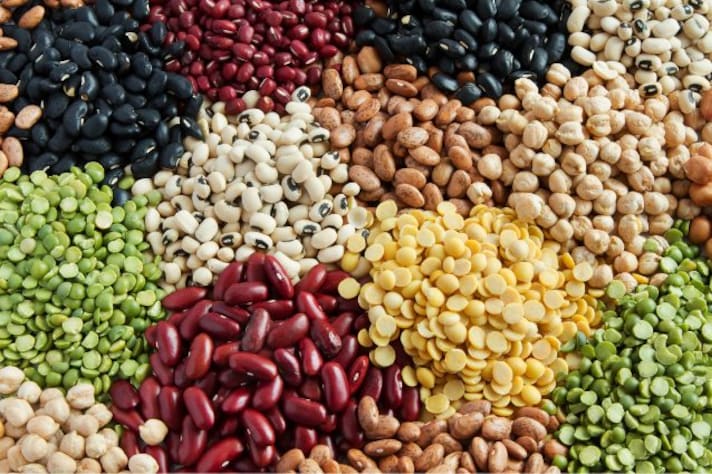
Legumes are notably sustainable due to their ability to fix nitrogen in the soil, which reduces the need for chemical fertilizers. They use less water compared to meat production and are a high-protein alternative to animal products. Legumes are incredibly versatile in the kitchen. For instance, beans can be used in chili, lentils in curries, and peas in risottos, making them staples in a variety of global cuisines.
2. Quinoa
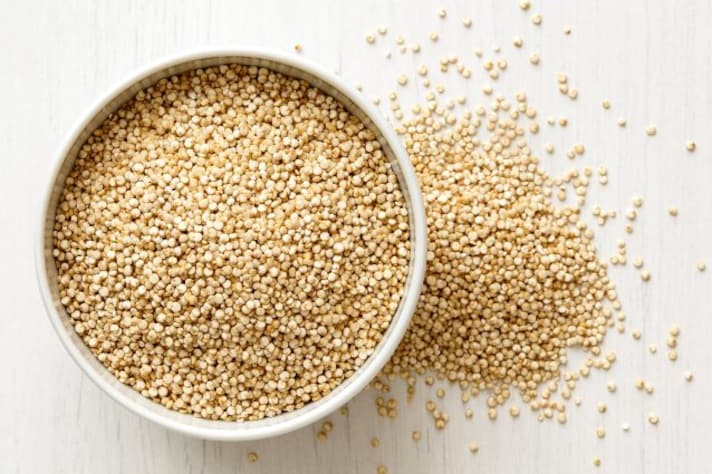
Quinoa is renowned for its ability to flourish on marginal lands where many other crops cannot, making it a sustainable choice for regions prone to drought. It helps maintain healthy soil while providing a gluten-free protein source with all nine essential amino acids, making it a complete protein. Quinoa can be a base for salads, a hearty addition to soups, or a nutritious substitute for rice.
3. Oats
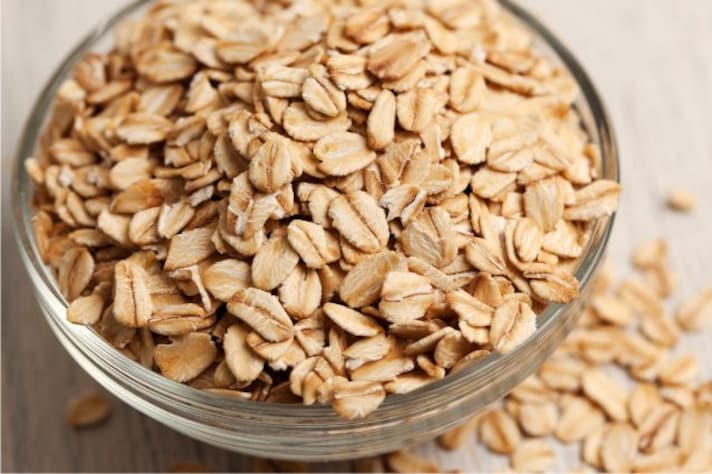
Oats contribute to sustainable agriculture by needing less pesticide and fertilizer than other grains. They also play a role in crop rotation systems that help enhance soil health. Oats are a hearty breakfast option, whether as oatmeal topped with fruits and nuts or baked into granola bars, providing a sustainable start to the day.
4. Almonds
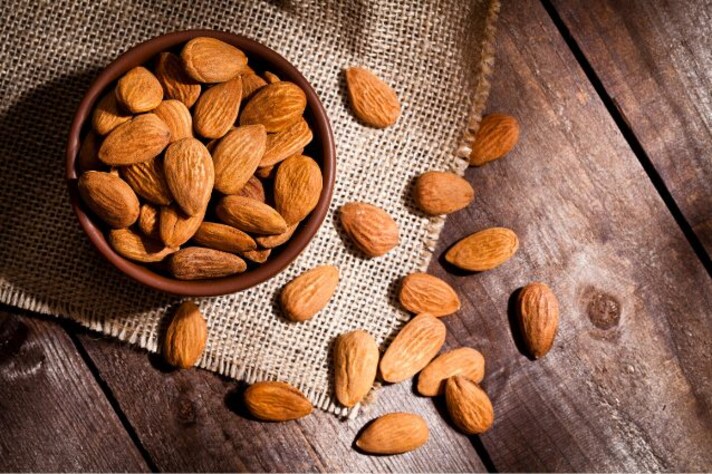
Almonds require more water than some other crops, but growers are increasingly using micro-irrigation systems to reduce water usage. Almonds are a good source of vitamin E and healthy fats. They can be enjoyed as snacks, blended into almond butter, or used to make dairy-free milk, which is a sustainable alternative to cow's milk.
5. Apples

Apples are environmentally friendly when grown using sustainable practices like integrated pest management, which reduces the need for chemical pesticides. Apples are also energy-efficient to store and transport, keeping their carbon footprint low. They can be eaten fresh, baked in pies, or stewed into apple sauce.
6. Leafy Greens (Kale, Spinach)
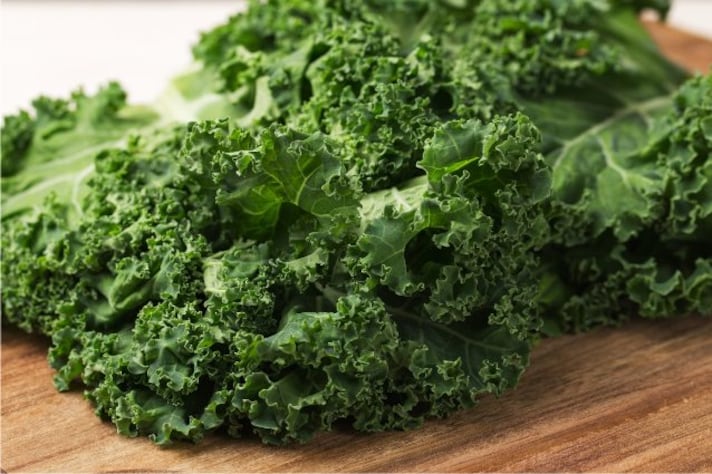
Leafy greens can be grown in a variety of climates and conditions, including urban gardens and vertical farms, which makes them highly sustainable. They mature quickly and can be harvested multiple times per season. These greens can enhance any dish, from a fresh kale salad to a nutritious spinach smoothie or a comforting spinach quiche.
7. Root Vegetables (Carrots, Beets)
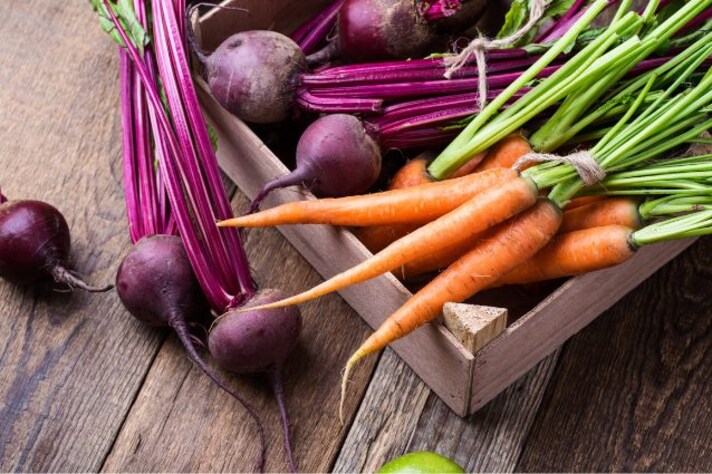
Root vegetables are excellent at storing water and nutrients, making them less dependent on watering and fertilizing. They can be stored for months without significant energy use, reducing their environmental impact. Root vegetables are extremely versatile in cooking, from roasted carrots and beets to mashed turnips, adding depth and flavor to any meal.
8. Mushrooms

Mushrooms are one of the most sustainable crops available. They are grown in controlled environments that convert agricultural waste into a growing medium. Mushrooms can efficiently convert nutrients into protein, making them an excellent meat substitute. They work well in a variety of dishes, from mushroom risotto to vegan burgers.
9. Seaweed
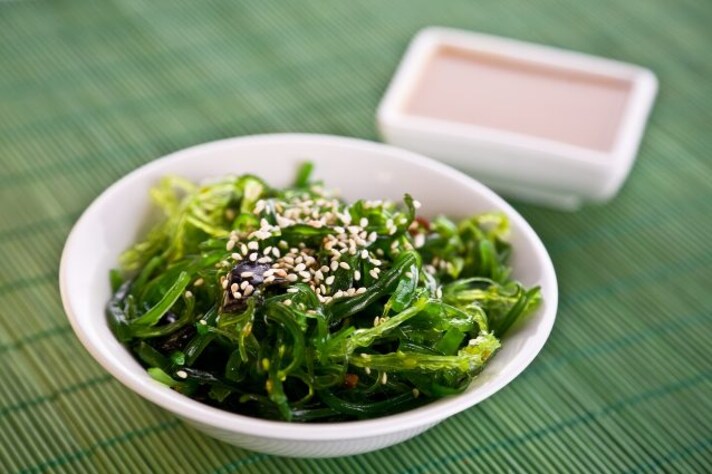
Seaweed farming is a sustainable practice that does not require freshwater, land, or fertilizers. Seaweeds help clean the water by absorbing excess nutrients and can mitigate the effects of ocean acidification. It is nutritious and can be used in a myriad of dishes, including sushi rolls, seaweed salads, and soups.
10. Sorghum
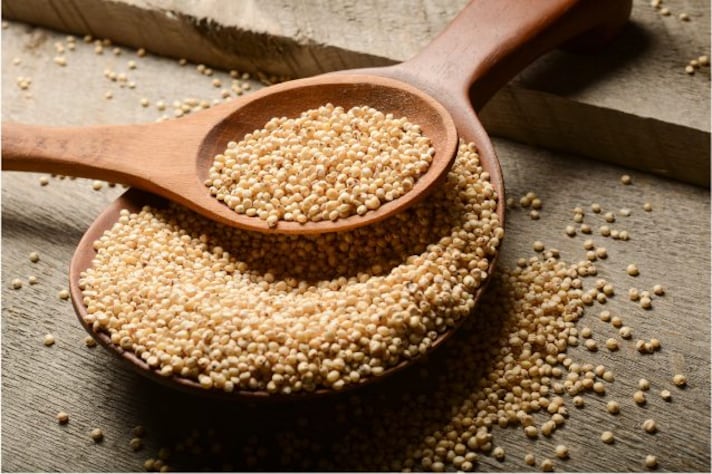
Sorghum is highly drought-resistant, making it suitable for arid regions where growing traditional crops is challenging. It helps improve soil quality and conserves water. Sorghum can be popped like popcorn, used in gluten-free baking, or cooked as a grain in pilafs and salads.
;Resize,width=767;)
